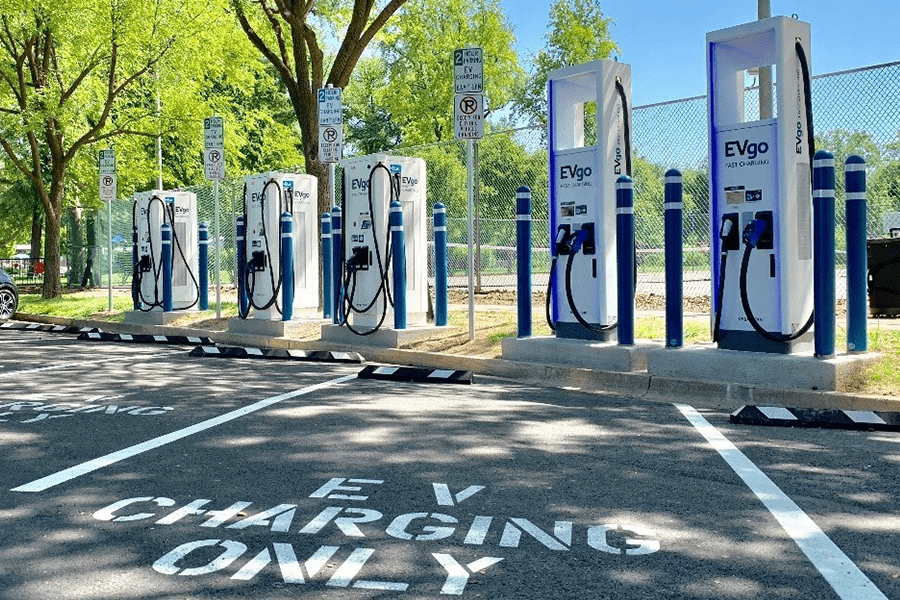California boosts ZEVs with $384 million
In California, the California Energy Commission (CEC) has just approved a $384 million plan for critical investments in clean transportation to boost the adoption of zero-emission vehicles.
The focus of the CEC plan is to close infrastructure gaps in support of Governor Gavin Newsom’s executive order to phase out the sale of fossil-fuelled cars by 2035. By 2045 every new commercial utility vehicle in California will have to be emission-free.
The CEC plan will prioritise funding for ZEV infrastructure, related workforce development and manufacturing. This includes $132.9 million for light-duty EV charging infrastructure and another $129.8 million for medium- and heavy-duty ZEVs and infrastructure.
Hydrogen refuelling infrastructure will get a boost to the tune of $70 million, while $25 million will be spent on zero and near-zero carbon fuel production and supply. The remaining funding will go into recovery and investment, ZEV manufacturing and workforce development.
This latest plan has been guided by the Clean Transportation Program Advisory Committee, which has just appointed new members. The California Energy Commission says that this Advisory Committee now reflects a broad spectrum of stakeholders including community-based organisations, social and environmental justice advocates, alternative vehicle technologies, as well as workforce and labour interests.
In this vein, half of the funds will go to projects specifically targeting low-income and disadvantaged communities. Overall, the CEC says that the investments to be made should “reflect market potential and technological need” that complement existing state programs and policies.
On a similar note, Electrify America, the charging infrastructure Volkswagen subsidiary founded in the wake of the diesel scandal, has also announced an investment of $3 million in awareness and education programs for low-income and disadvantaged communities. Here, Electrify America has selected six non-profit, private and public organisations that should support brand-neutral ZEV education and awareness. The focus is primarily on the purchase of electric cars, with some programs taking a family/community approach rather than a single buyer. Electrify America says that the programs will highlight the affordability of ZEVs since they say: “the evidence demonstrates that there is a significant gap between the perceived and actual affordability of ZEVs in California.”





0 Comments